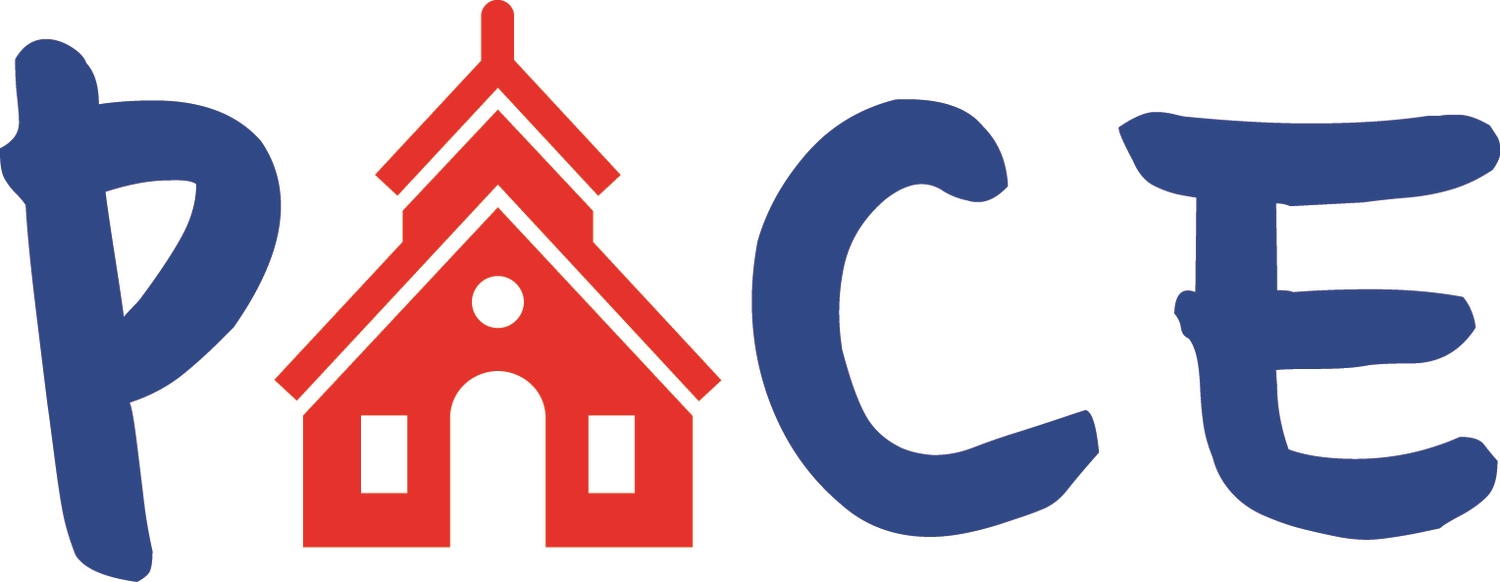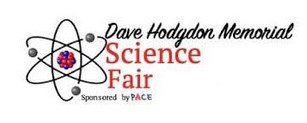march 21, 2025
Hopedale Community house 6:30 pm
We are SO excited to see what students come up with this year. Here is a guide to help you, the parent, support and guide your student(s).
Why Participate in the Science Fair?
The Science Fair has produced hundreds of amazing projects over the years, each one helping student scientists to explore a topic in greater detail than they would ordinarily do in class. It is also a great opportunity for students to learn to present their knowledge to a team of judges.
The Role of Parents
The role of parents varies for each grade level and should decrease as the scientists progress into the upper grades.
For K-1st grade, parents are partners and should be working with their scientist throughout the project. This includes guiding them through the topic selection and question formulation, helping with the project and assisting with the report and display.
For 2nd-3rd grade, parents should be a consultant. This means asking questions of the scientist about the topic and project, reviewing it to make sure it follows the proper format, and making suggestions if parts of the project are unclear.
For 4th-6th grade, parents should be cheerleaders! Encourage your budding scientist to dive into the project, and be there as a resource if they need help with time management or proofreading.
For all grade levels, encourage your scientist to practice presenting their project to parents, friends, grandparents, etc.
To Team or Not to Team?
Projects can be individual or in teams of up to three students. If forming a team, discuss with potential teammates a weekly or biweekly meeting schedule. Teams can be made up of scientists from different grades. However, the project will be judged in the highest-grade level represented. Be sure to indicate all team members on one Google form.
How to Choose a Topic
The topic is an important part of the Science Fair! Start by having your scientist write down a list of science-related topics your student may be interested in. This is where your scientist needs to think big! Consider food science, plants, astronomy, natural science, chemical reactions, physics, engineering, anatomy, human behavior, environmental science and more! Visit www.ScienceBuddies.com for additional ideas and for ways to take the topics and make them into projects. Below is a list of project types and a brief description of each as well as a link to the Project Selection Form. There is also a list of important dates to save and help with planning.
Project Types:
COLLECTION (K-2nd ONLY) - You will collect and organize something of interest, answering questions related to observations made while exploring your world. Examples: What kinds of insects can be found in my backyard? What types of tree leaves can be found on my street?
EXPERIMENT (K-6th) - You will conduct an experiment to find the answer to your question/problem. Using The Scientific Method will take you through the correct process of asking a question, doing some preliminary research, making a hypothesis, planning and conducting your experiment, and analyzing your results.
INVENTION (3rd-6th ONLY) - You will use science, math, and creativity to dream up and design an object or a process to solve a real-life problem. Using The Engineering Design Process will take you through all the necessary steps: asking a question, brainstorming, planning, creating, testing, and making it even better.
RESEARCH PROJECT (K-6th) - Someone has already found the answer to your question/problem and you will look for their answer/solution by reading books, talking to experts, and gathering information from other sources such as school and public libraries. Your display board will have drawings, photographs, charts, graphs, dioramas, etc.
Project Selection Form:
There will be no paper submission forms this year. Project entry cannot be submitted until all fields are known. If you need to change project types or titles after submission, we can accommodate that as needed. Please scan the QR code to access the Submission Form or use the Submission Form located here. PACE has also posted the link to access the Google Form on their Facebook Page. Confirmation emails will be sent mid-February and your specific judging time will be assigned and emailed to you Mid-March.
Science Fair Submission Form QR Code
Important Dates:
- Submit your student’s Project Selection Form
- Drop off student project at Memorial School Gym
- Project judging
- Family Walk Through/Awards Ceremony
Feel free to email with any questions. I am happy to help, especially for those participating in the fair for the first time!


